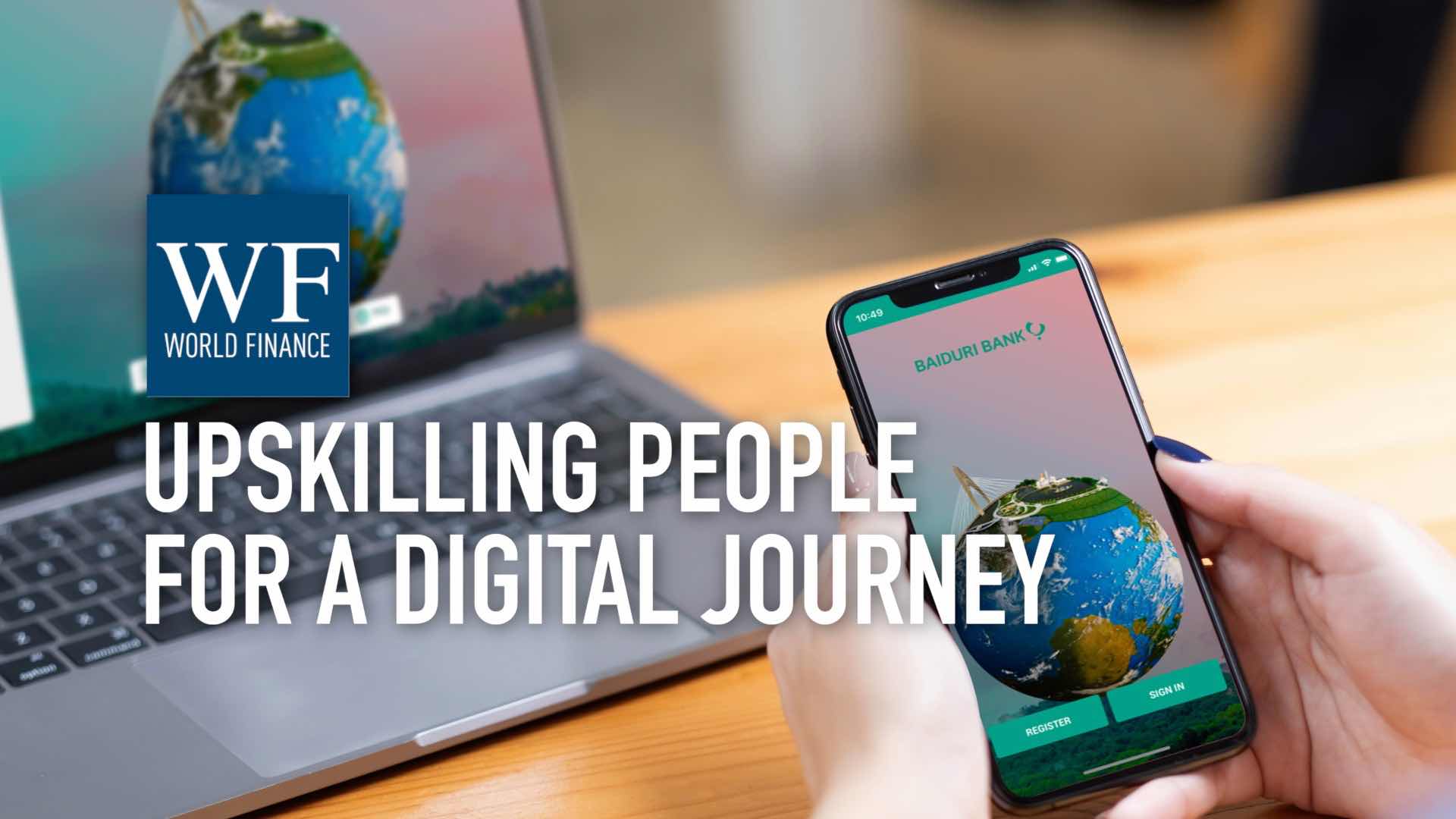BMO’s new digital services help businesses bank from home
Head of business banking Andrew Irvine discusses BMO's latest fintech innovations
Related:
Transcript
As businesses embark on their digital transformation journey, they’re investing in making their activities more automated, more efficient, and ultimately, easier for staff and customers alike. This extends to their finances too: BMO’s commercial clients simply want to focus on managing their business, with their banking as easy and convenient as possible. BMO’s head of business banking Andrew Irvine explains how the bank is acheiving this for its clients. He discusses the latest innovations they’ve introduced, and the fintech pipeline they’ve created to foster collaboration with fresh graduates and entrepreneurs.
Andrew Irvine: So how has business banking in Canada evolved this year? I’d say, first and foremost, client expectations regarding simplicity, ease of banking, and particularly the ability to leverage digital channels, is ever-increasing. And we’re seeing that in our branch environment. If we look on a year-over-year basis, in-branch transactions are down double digits. And clients are essentially interacting with us digitally ever more.
That being said, one thing that hasn’t changed is our client’s desire for good, trusted advice. And that’s something that we continue to see in the marketplace as a differentiator for us.
World Finance: Talk me through the digital journey that your clients are going on.
Andrew Irvine: Clients want to manage their business, and wherever possible they want banking to be easy.
So from a digital standpoint, the more we can accommodate their service interactions at their own place of work, the better.
In Canada, cheques are still quite popular as a payment method. Particularly among businesses. And so we’ve created a capability that we’re the market leader on, where clients can scan cheques at their place of work through one of our scanners, and deposit those moneys right into their bank account, without ever having to walk into a branch. And they love it.
So it’s all about making their lives easier, and allowing them to go about running their business, versus thinking about their banking.
World Finance: Talk me through the workflow of those innovations – starting from the conversations with your clients, finding out that there’s a need you could fulfil; through to actually forming partnerships with the technological innovators.
Andrew Irvine: The first thing we do is, we spend a lot of time listening to our clients. Monthly surveying our customers; we also have regular advisory councils. Clients speak with us about areas where we are providing terrific service, and areas where we can improve our capabilities.
We also spend a lot of time working with accelerators and emerging companies to ensure that we’re leveraging the newest ideas that are coming out. So we have a relationship here in Toronto with a world-class accelerator called the DMZ – part of the Ryerson University. We’re inviting early-stage companies to apply to be part of the accelerator. We’ll choose to work with six of these companies, and we’ll mentor them over the course of four months, with the opportunity to actually do a proof of concept with them.
We did this programme last year, and we actually have one company, a company called FormHero, live on our website today. And we’ve seen improvement in the uptake of our credit card offering as a great example through the FormHero solution.
So really it’s about, first of all, listening to our clients; and then second of all, participating in the new fintech ecosystem, so that if there are ideas and opportunities that we like, we can bring them onto our platform.
World Finance: What challenges and what opportunities are you seeing for commercial banks today?
Andrew Irvine: We’re seeing a lot of new and interesting companies move in to the banking space. What we know to be true is that incumbent institutions like ours do a number of things very well.
First, we’re highly trusted. BMO’s celebrating its 200 year anniversary this year, so we’ve been in the banking business a long time. And that means that we have strong elements of trust, we have effective regulatory know-how, we know how to protect our clients’ data, and we have distribution. Those are very strong capabilities.
What we need to do is improve the capabilities we have so that payments are easier, more intuitive. One I might touch on is bulk email money transfer. This is the ability to send money to a client or customer of yours by just knowing their email address.
We need to be faster. When clients are coming to us about opportunities to grow their business, and potentially provide financing for them to do just that, they want us to be providing answers much more quickly.
We’re actually working on capabilities as we speak to simplify the adjudication of smaller loans – around half a million dollars and under – to be able to do that within 10, 20, 30 minutes.
World Finance: What else is next for BMO?
Andrew Irvine: I think it’s continuing to evolve our capabilities. The world doesn’t stand still, and the pace of change is ever-increasing.
What we know first and foremost is that client-centricity is critical. So we need to listen to our clients, to be a trusted advisor to them, and to build capabilities that they feel are relevant to them in making banking easier.
World Finance: Andrew, thank you very much.
Andrew Irvine: Thank you.

 Baiduri Bank: Our digitisation journey means upskilling and reskilling our people
Baiduri Bank: Our digitisation journey means upskilling and reskilling our people Hyper-personalisation: The future for intelligent digital banking
Hyper-personalisation: The future for intelligent digital banking
